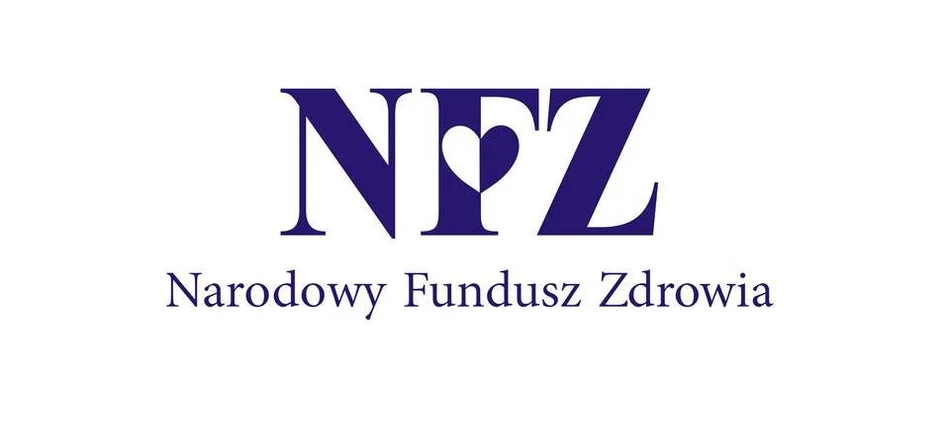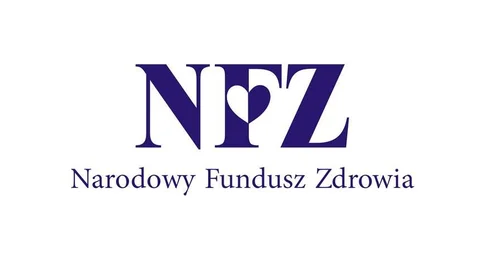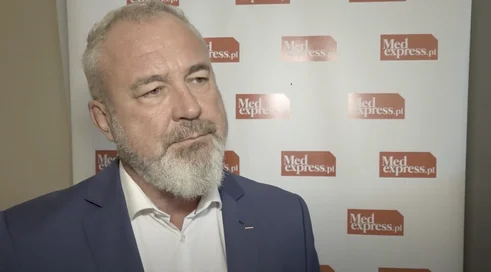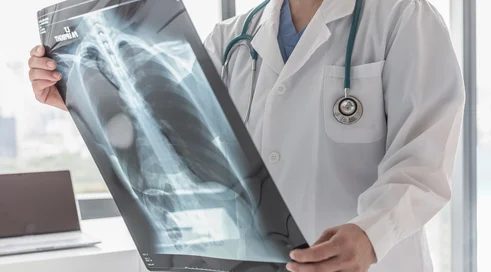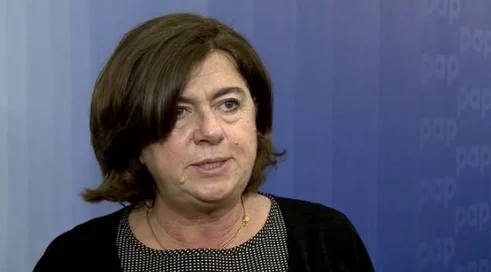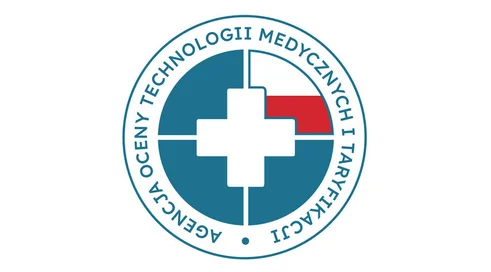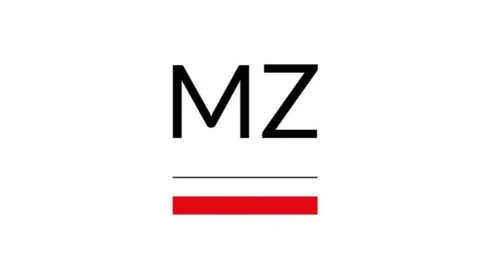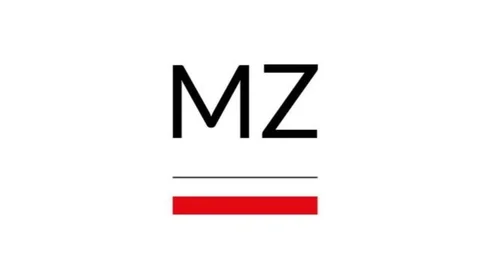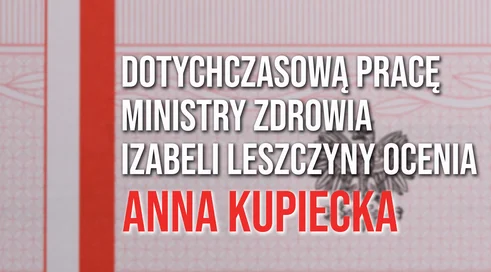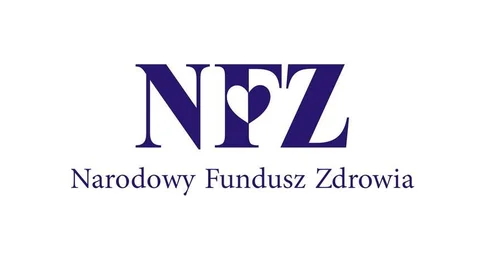January 22 marks the beginning of Cervical Cancer Awareness Week. It is the world's third cancer in women in terms of incidence and fourth in terms of mortality. The disease can be prevented or detected at an early stage by screening. Regular cervical cytology is essential.
Cervical cancer prevention program
For many years now, the National Health Service has been running a prevention program aimed at early detection of cervical cancer. Women between the ages of 25 and 64 can benefit from it.
No referral is needed for such prophylactic cytology. It is enough to go to the nearest gynecological office, working under the National Health Fund. There are about 120 of them in the Świętokrzyskie voivodeship. The examination is free for patients, financed by the National Health Fund.
Content locked
To gain access to the complete English section of the Medexpress.pl, kindly reach out to us at [email protected].
If you already have an account, please log in





